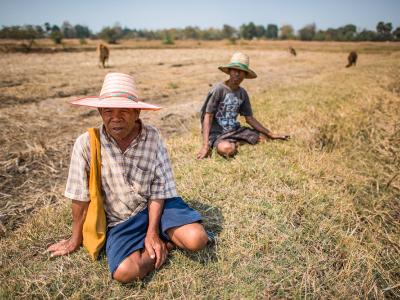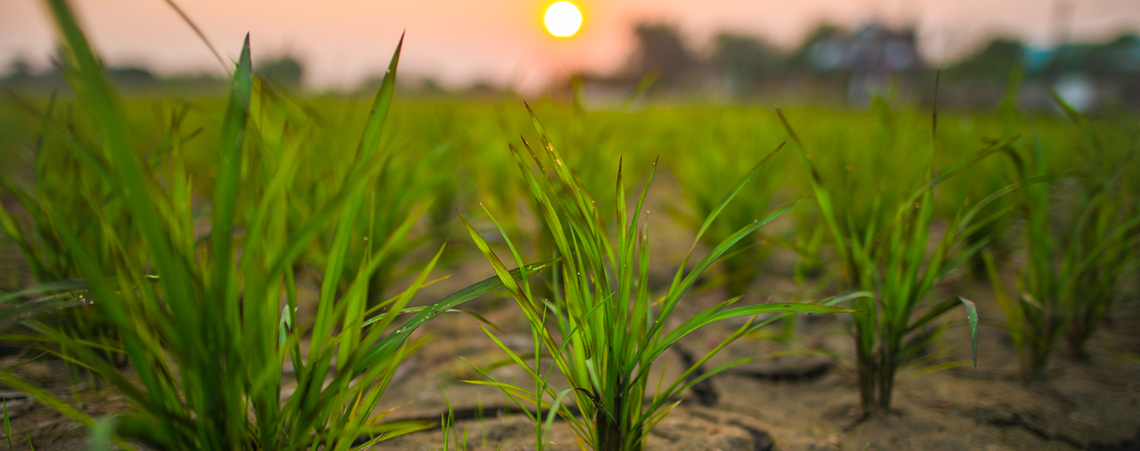
Photo:
While Thailand has made remarkable progress in social and economic development over the last four decades, rising temperatures and more frequent and extreme droughts and floods driven by climate change pose an increasing threat to the country’s economy. Water management has emerged as a leading concern.
This project will help build the resilience of farmers in the Yom and Nan river basins (Sukhothai, Phitsanulok and Uttaradit provinces) through improved climate information and forecasts, the introduction of more climate-resilient agricultural practices, and expanded access to markets and finance.
At the same time, it will work with subnational and national agencies to improve risk-informed planning and decision-making, promote cross-sectoral coordination, and upgrade critical infrastructure such as irrigation canals and floodgates, taking advantage of ecosystem-based adaptation approaches.
- Community
- Municipality
- District
- National
- Country Office
- Local Governments
- National Governments
- Non-Governmental Organizations
- Private Sector Partners
- United Nations Development Programme (UNDP)
This project will directly benefit 62,000 people in the provinces of Phitsanulok, Sukhothai, and Uttaradit in the northern region of Thailand of the Greater Chao Phraya River Basin, at the confluence of the Yom and Nan Rivers. Approximately 471,561 people in the project districts are also expected to indirectly benefit, with wider benefits for 25,000,000 people living in the Greater Chao Phraya River Basin.
- Thai Ministry of Agriculture and Cooperatives
- United Nations Development Programme (UNDP)
- Deutsche Gesellschaft für Internationale Zusammenarbeit (GIZ) GmbH
- King Mongkut's University of Technology North Bangkok
Expected outcomes
Output 1: Enhance climate and risk informed planning in the water and agricultural sectors through improved climate information and cross sectoral coordination
Activity 1.1 Strengthen capacity to generate tailored climate information to inform water management and agriculture planning
Activity 1.2. Facilitate inter-ministerial coordination for climate-informed and integrated planning
Activity 1.3. Expand access to climate information for application at the household level
Output 2: Improve water management through strengthened infrastructure complemented by EbA measures, for greater resilience to climate change impacts
Activity 2.1. Climate-informed engineering designs for the 13 schemes of the Yom-Nan river basin, and upgrade of 2 water infrastructure
Activity 2.2. Complementing of grey infrastructure with EbA measures and integration of EbA approaches into water management policy and planning
Output 3: Reduce volatility of agriculture livelihoods in drought and flood prone areas through strengthened extension support and local planning, investment in on-farm adaptation measures and greater access to finance and markets
Activity 3.1. Application of climate information in household agriculture planning and strengthening related support through extension services
Activity 3.2. Implementation of on-farm climate resilient measures to improve drought and flood resilience and improved access to finance for sustainable agriculture
Activity 3.3. Capacity building for farmers to support market access for climate resilient agriculture products
- Image
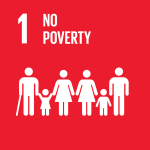
- Image
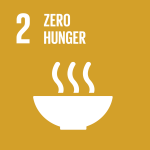
- Image
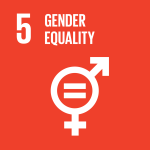
- Image
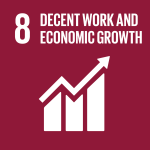
- Image
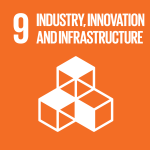
- Image
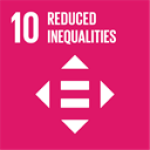
- Image
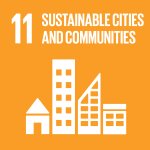
- Image

- Image
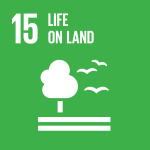
- Image
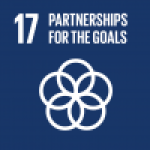
Thailand’s extreme vulnerability to climate change is shaped by an extensive coastline, a large rural population highly dependent on agriculture, and extensive populous urban areas located on flood prone plains.
Severe rain, flood and drought events are expected to increase in the near and longer-term future. The country’s agricultural sector will be particularly impacted by changing patterns of precipitation, with implications for agricultural livelihoods and local and national economies. Between 2040 and 2049, the projected negative impacts on agriculture are estimated to induce losses of between $24 billion and $94 billion.
In 2011, 66 out of the country’s 77 provinces were affected by flooding, with over 20,000 square kilometres of agricultural land damaged, and nearly 900 lives lost. The following year, Thailand suffered $46.5 billion in damages and loss, and required an estimated $14 billion in loans for rehabilitation and reconstruction as a result.
The recent drought in 2015-2016 is estimated to have resulted in losses of $3.4 billion.
Poor households will suffer disproportionately from the impacts of climate change. Poverty in Thailand has a predominately rural profile, which fluctuates according to vulnerabilities in the agricultural sector, such as faltering economic growth, falling agricultural prices, and droughts.
Proportionally, the Central and Northern Regions of Thailand have the highest levels of poverty. Sukhothai, Phitsanulok, and Uttaradit provinces – those covered by the project – have higher poverty levels compared with other parts of the country.
Climate-informed water management and climate-resilient water infrastructure are critical to Thailand’s preparedness and response to climate change. Thailand’s National Adaptation Plan 2018, highlighted flood control and drought management as key priorities, with a focus on Chao Phraya River Basin.
Given the cost of upgrading existing water infrastructure across the country, the Royal Thai Government is seeking to complement its grey infrastructure with ecosystems-based adaptation measures. As agriculture households are the most vulnerable to changing climatic conditions, an integrated solution which brings together water management and agriculture is key.
This project therefore focuses on adapting water management and agricultural livelihoods in the Yom and Nan river basins to climate change induced extreme weather events (droughts and floods), through interventions across three outputs:
· Output 1: Enhancing climate and risk informed planning in the water and agricultural sectors through improved climate information and cross sectoral coordination
· Output 2: Improving water management through strengthened infrastructure complemented by EbA measures, for greater resilience to climate change impacts
· Output 3: Reducing volatility of agriculture livelihoods in drought and flood prone areas through strengthened extension support and local planning, investment in on-farm adaptation measures and greater access to finance and markets
Better integration of ecosystem-based adaptation (EbA) measures will have environmental benefits, while capacity-building interventions will support cost-efficient and effective water and agriculture planning.
The project design – which includes artificial intelligence to support climate-informed planning, precision agriculture for efficient water use and applies the internet of things (IoT) concept for sharing and applying data – has been guided by Thailand 4.0, which aims to shift Thailand’s agriculture sector towards an innovation-driven and interconnected sector.
At the same time, the project also supports low-tech interventions to help farmers respond to changing rainfall patterns. These include on-farm ecosystem-based adaptation measures (for example, farm ponds), small-scale equipment to support water saving farming practices (for example, system for rice intensification) and community nurseries.
Training will be provided to ensure that extension services can support farmers with adaptation measures, and the project will provide support to market access for products resulting from climate resilient practices.
The project builds on existing initiatives, including work by the Ministry of Agriculture and Cooperatives to enhance Thailand’s agriculture sector adaptation planning (supported by UNDP and FAO through a BMU funded project) and work by the Ministry to implement the Agricultural Strategic Plan on Climate Change 2017-2021 whereby the Royal Irrigation Department takes the lead for the Strategy 2 (Adaptation Actions).
The Office of National Water Resources – which functions as the regulating agency in proposing policies, formulating master plan on water resources management, responsible for management and supervision as well as integration on the implementation plan of water related-agencies in accordance with the Water Resource Management Act (2018) – has developed the 20-year Master Plan on Water Management (2018-2037), aimed at solving Thailand’s chronic drought, flood and wastewater problems. The Master Plan also stresses the importance of the need to bring in new ideas and technologies to address water related challenges which are exacerbated by climate change.
Output 1: Enhance climate and risk informed planning in the water and agricultural sectors through improved climate information and cross sectoral coordination
Activity 1.1 Strengthen capacity to generate tailored climate information to inform water management and agriculture planning
Activity 1.2. Facilitate inter-ministerial coordination for climate-informed and integrated planning
Activity 1.3. Expand access to climate information for application at the household level
Output 2: Improve water management through strengthened infrastructure complemented by EbA measures, for greater resilience to climate change impacts
Activity 2.1. Climate-informed engineering designs for the 13 schemes of the Yom-Nan river basin, and upgrade of 2 water infrastructure
Activity 2.2. Complementing of grey infrastructure with EbA measures and integration of EbA approaches into water management policy and planning
Output 3: Reduce volatility of agriculture livelihoods in drought and flood prone areas through strengthened extension support and local planning, investment in on-farm adaptation measures and greater access to finance and markets
Activity 3.1. Application of climate information in household agriculture planning and strengthening related support through extension services
Activity 3.2. Implementation of on-farm climate resilient measures to improve drought and flood resilience and improved access to finance for sustainable agriculture
Activity 3.3. Capacity building for farmers to support market access for climate resilient agriculture products
UNDP will perform monitoring, evaluation and reporting throughout the reporting period, in compliance with the UNDP POPP, the UNDP Evaluation Policy.
The primary responsibility for day-today project monitoring and implementation rests with the Project Manager. UNDP’s Country Office will support the Project Manager as needed, including through annual supervision missions.
Key reports include annual performance reports (APR) for each year of project implementation; an independent mid-term review (MTR); and an independent terminal evaluation (TE) no later than three months prior to operational closure of the project.
The final project APR along with the terminal evaluation report and corresponding management response will serve as the final project report package and will be made available to the public on UNDP’s Evaluation Resource Centre.
The UNDP Country Office will retain all M&E records for this project for up to seven years after project financial closure in order to support ex-post evaluations.
- UNDPCharles YuRegional Technical Advisor - Climate Change Adaptation



